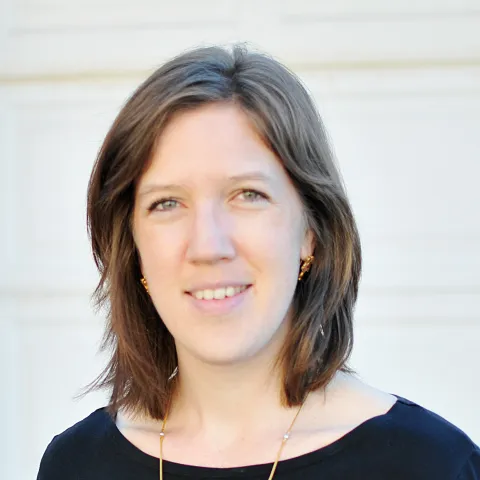More South Carolina healthcare providers are turning to mentoring for peer support, especially amid the COVID-19 pandemic.
Using telehealth platforms to connect on live video, providers are able to share information in real time through Project ECHO, a learning model which connects academic hubs with providers in local communities.
“We were doing (telementoring) long before the pandemic - what we’ve seen since COVID, is a greater participation,” said Dr. Berry Campbell, MD, Chairman of OBGYN at Prisma Health and the University of South Carolina School of Medicine Columbia.
Dr. Campbell co-directs Project ECHO South Carolina Pregnancy Wellness, along with Dr. Donna Johnson. According to Dr. Campbell, more providers are participating in the ECHO sessions to stay informed about the rapidly changing updates and guidelines surrounding COVID-19.
Dr. Karen Hartwell, MD, is Associate Professor in the Addiction Sciences Division in the Department of Psychiatry at the Medical University of South Carolina. She co-directs the Project ECHO for Opioid Use Disorders. According to Dr. Hartwell, throughout the United States, and in South Carolina, there is a lack of providers who are comfortable or able to treat opioid use disorders or prescribe life-saving medications.
Through the ECHO sessions, providers receive peer support and mentorship that enables them to treat patients with opioid use disorders.
“The whole goal of ECHO is to advance evidence-based practices in under-served areas,” Dr. Hartwell said.
Rachel Grater, Outreach Coordinator for the Center of Telehealth Project ECHO and Women’s Reproductive Behavioral Health, said any speciality can be a topic of an ECHO. She emphasized the value of mentorship, especially for providers in a rural state.
“The beauty of the ECHO model is that it’s constructed to function in a virtual environment,” Grater said. “So its inherent approach was ready to meet the needs and challenges of COVID-19. Providers are able to receive real-time mentorship for the patients that they’re seeing.”


